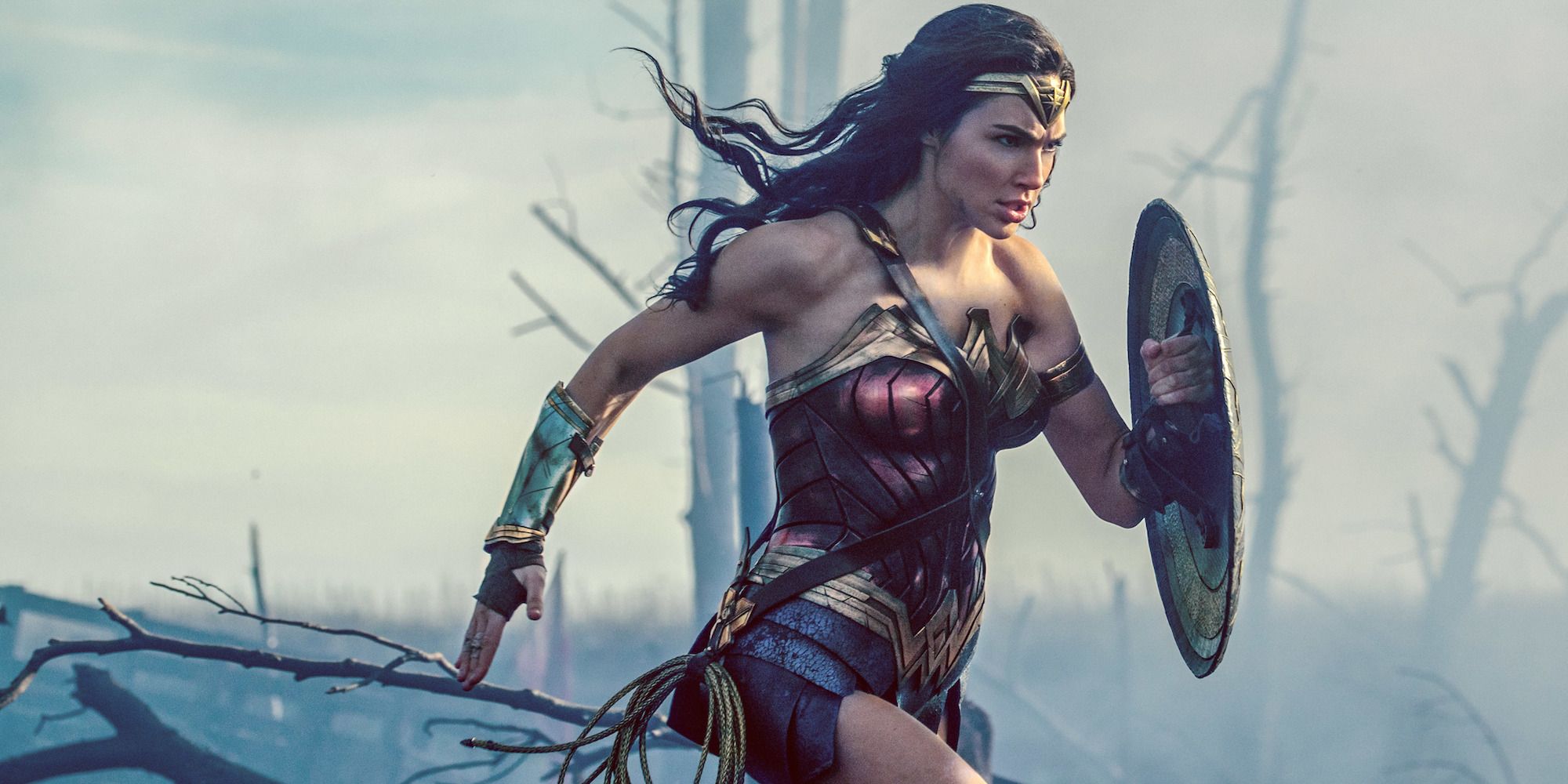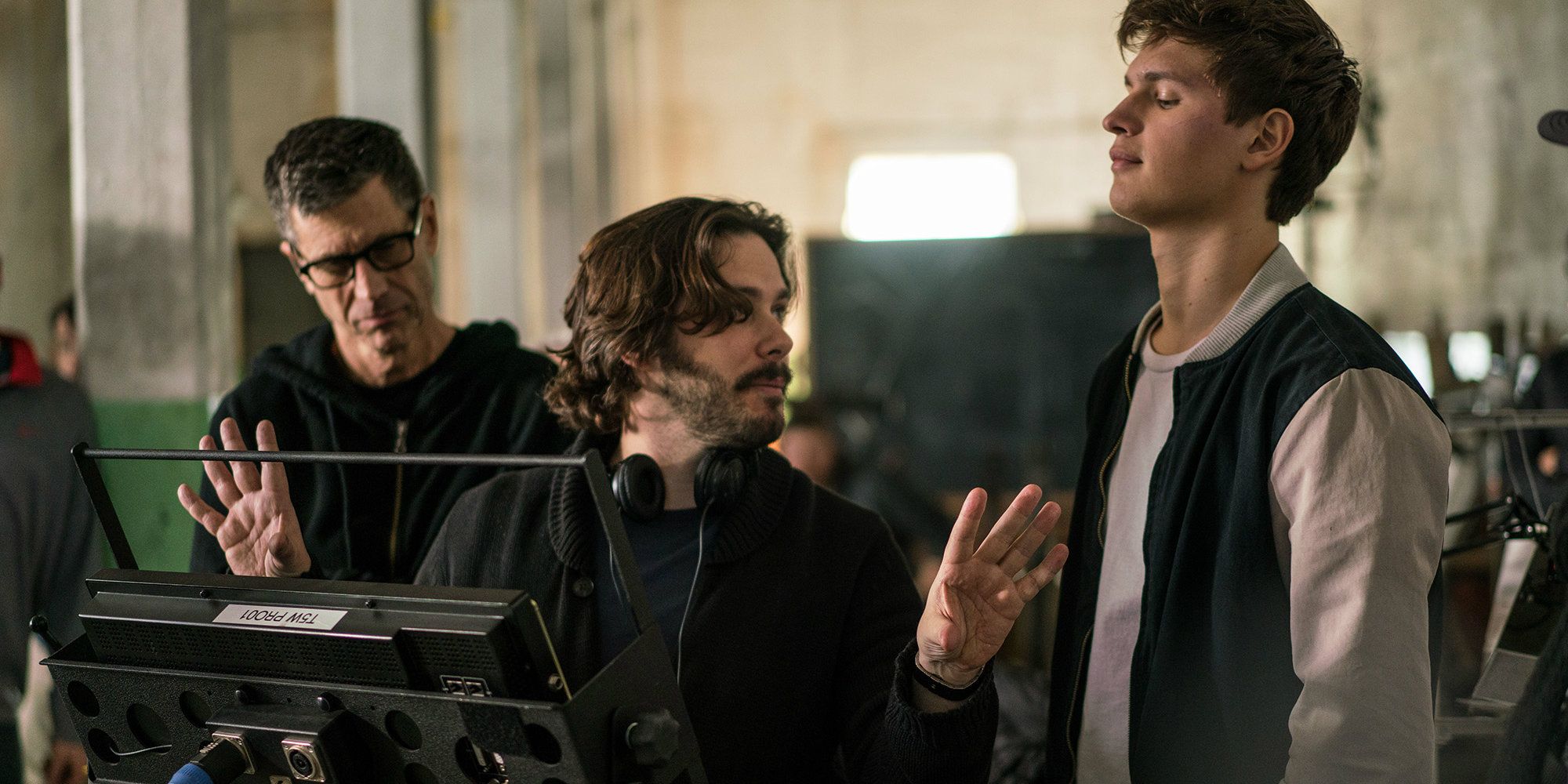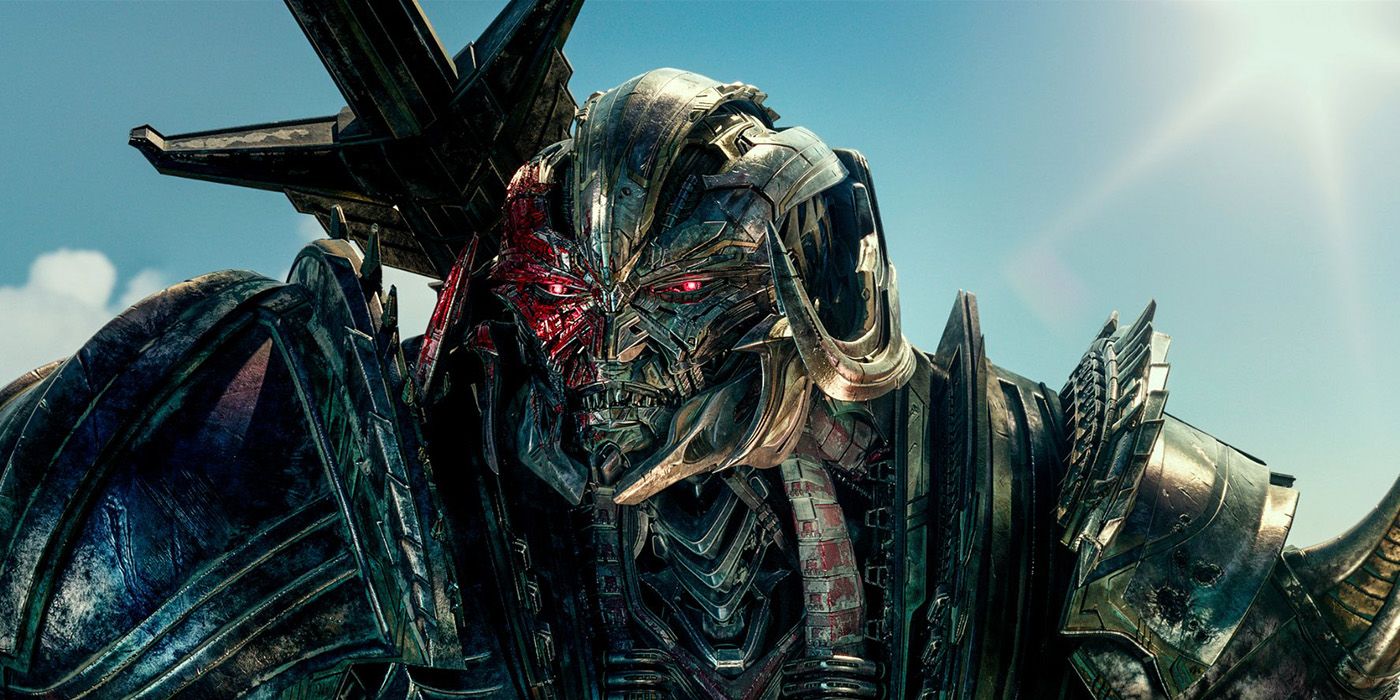As summer begins to wind down and the movie calendar enters the festival season (kicking off the extended hoopla of awards campaigning), it's time to look back at how the major studios who define our most pressing pop cultural trends fared during the blockbuster season. Nowadays, what can be defined as a œsummer movie is more flexible, with some considering the mid-Spring month of April the new jumping-off point. That certainly gives studios more time to evenly spread out their slate of offerings, thus ensuring they face less foreboding competition, but this was an especially bleak summer for the major players of Hollywood.Ticket sales were down 12% this year compared to the previous summer, and many producers felt the pinch, as did multiplexes, who saw their shares plummet. There were the obvious hits and surprise box office smashes, but alongside that were the disappointments that left behind losses well into the tens of millions of dollars. It looks like things could get even worse, with some industry figures speculating that the summer ticket sales decline could dip to 15%, which would make it the worst decline in modern history. August alone proved to be especially brutal to the big studios, with eye-watering flops like The Dark Tower sending Sony into a tailspin. There are bright spots, with international box office numbers steadily up, even as fears over the reliability of the Chinese box office were put under the spotlight thanks to a number of big budget disappointments.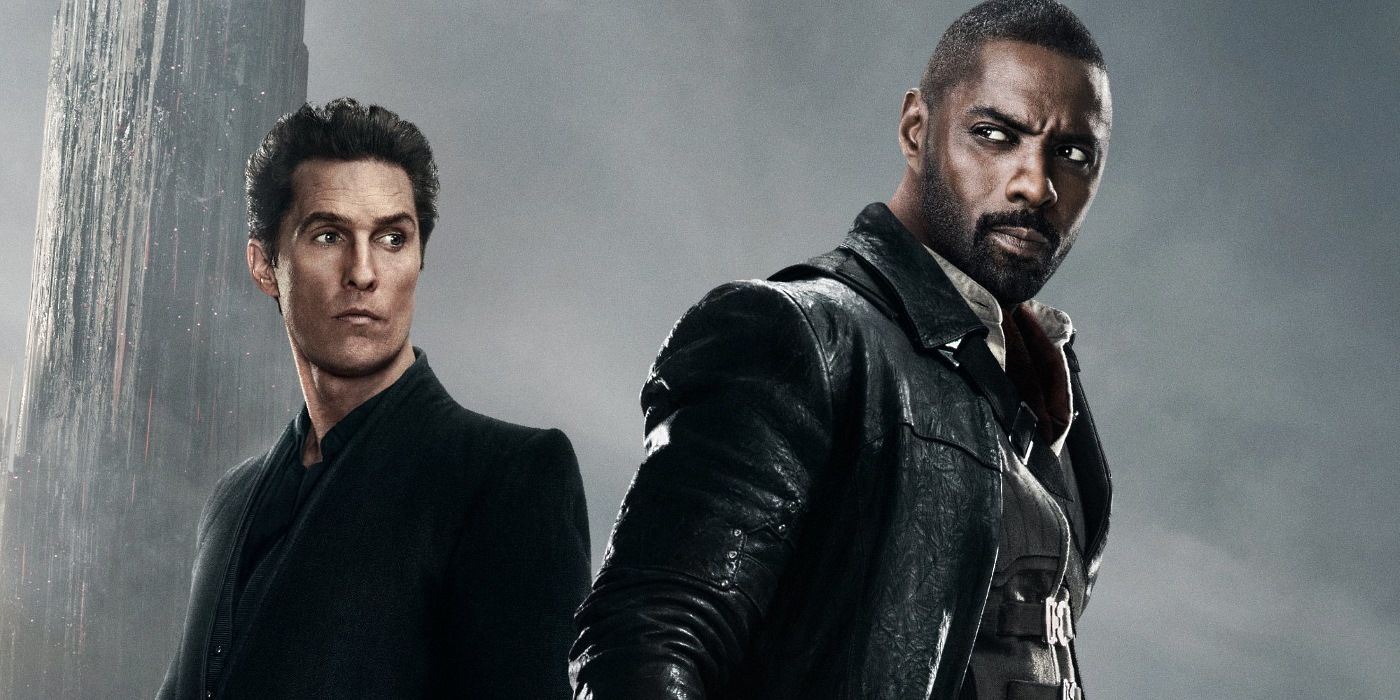 Some of the most anticipated films of the year haven't made their debut yet both Thor: Ragnarok and Star Wars: The Last Jedi will be premiering during the holiday season so the year's top 10 highest grossing films could see a shake-up. Currently, the top spot is comfortably held by Beauty and the Beast, with The Fate of the Furious close behind (each have taken in over $1.2bn worldwide). Whether the major studios will learn from their mistakes or plough forward with uneasy follies remains to be seen, but there's much to dissect from the aftermath of the summer movie season.It's safe to say that Disney will be pleased with their summer. Guardians of the Galaxy Vol. 2 made close to $100m more than its predecessor, sitting comfortably at number 4 on the top 10 highest grossing films of 2017, while Pirates of the Caribbean: Dead Men Tell No Tales took in $786m. The latter is hard to judge as an unmitigated success due to its rumoured budget of $320m (official numbers put it at a less wince-inducing $230m), and it standing as the second lowest grossing film in the series, but it strengthened the brand as desired and did well in China, where Disney have pumped a lot of money into the Pirates name. Spider-Man: Homecoming once again showed the near invincible force of the Marvel brand with moviegoers, which must have delighted Sony Pictures as the movie took in $702m. This was definitely a summer of superheroes, which has become the new normal, as four of the top 10 highest grossing films represented the genre (Logan was released earlier in the year).
Some of the most anticipated films of the year haven't made their debut yet both Thor: Ragnarok and Star Wars: The Last Jedi will be premiering during the holiday season so the year's top 10 highest grossing films could see a shake-up. Currently, the top spot is comfortably held by Beauty and the Beast, with The Fate of the Furious close behind (each have taken in over $1.2bn worldwide). Whether the major studios will learn from their mistakes or plough forward with uneasy follies remains to be seen, but there's much to dissect from the aftermath of the summer movie season.It's safe to say that Disney will be pleased with their summer. Guardians of the Galaxy Vol. 2 made close to $100m more than its predecessor, sitting comfortably at number 4 on the top 10 highest grossing films of 2017, while Pirates of the Caribbean: Dead Men Tell No Tales took in $786m. The latter is hard to judge as an unmitigated success due to its rumoured budget of $320m (official numbers put it at a less wince-inducing $230m), and it standing as the second lowest grossing film in the series, but it strengthened the brand as desired and did well in China, where Disney have pumped a lot of money into the Pirates name. Spider-Man: Homecoming once again showed the near invincible force of the Marvel brand with moviegoers, which must have delighted Sony Pictures as the movie took in $702m. This was definitely a summer of superheroes, which has become the new normal, as four of the top 10 highest grossing films represented the genre (Logan was released earlier in the year).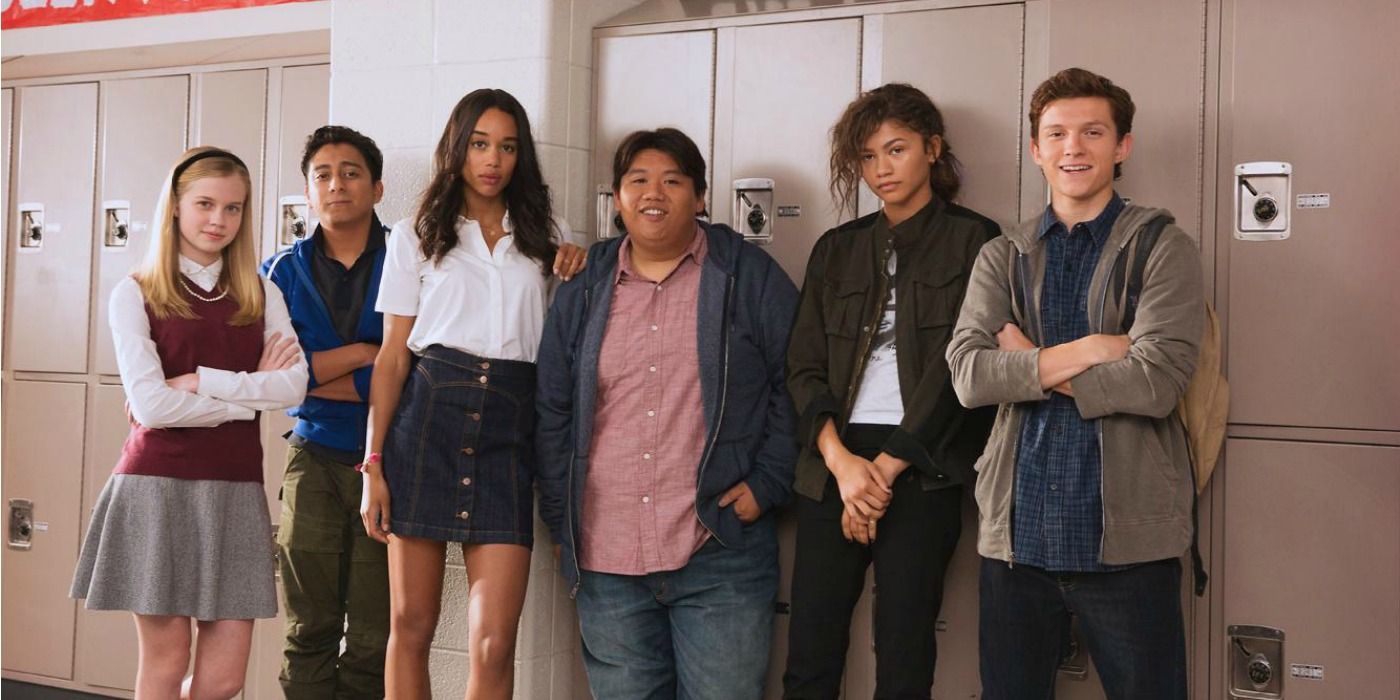 The one that will be remembered the most fondly is, of course, Wonder Woman, which is close to breaking the $800m mark worldwide. Not only did it easily become the highest grossing film directed by a woman, it pushed the DC Expanded Universe past $3bn worldwide and gave the waning franchise a much-needed boost following the critical mauling of both Suicide Squad and Batman V. Superman: Dawn of Justice.Superheroes may save the day at the box office, but recent attempts to replicate the expanded universe mould with varying properties have landed with a thud in cinemas. This was another trend of the summer, as studios tried to force new franchises upon audiences who turned up their noses at weak efforts to capture lightning in a bottle. The Mummy, Universal's latest attempt to try and turn its iconic monsters of the golden age into an inter-connected movie universe, did decently internationally but nowhere near the numbers needed to justify its gargantuan cost. With a total gross of $405m to a budget estimated to be anywhere between $125 - 195m, it is alleged that the film's failure led to losses of around $95m for Universal. The studio claims to be going forward with the rest of the Dark Universe, including planned remakes of The Invisible Man and Bride of Frankenstein, but it's looking more and more like a pointless investment.Warner Bros. faced similar regrets with the even bigger flop, King Arthur: Legend of the Sword. What was intended to launch six films exploring the Arthurian legends as interpreted by Guy Ritchie became one of the biggest financial disasters of the year, grossing only $143m from a $175m budget. Warner Bros. are expected to lose around $150m from its flopping. It was a fascinating summer for truly spectacular flops, lest we forget the amazing technicolour folly of Luc Besson's Valerian and the City of a Thousand Planets (currently sitting at a mere $114m worldwide gross from a budget between $177 210m).The chaos of King Arthur's disappointing results is one of the few black spots on what has otherwise been a pretty successful year for Warner Bros. Wonder Woman is their golden goose, but let's not forget Christopher Nolan's Dunkirk, which grossed back its $100m after one week worldwide and brought some life back to the IMAX screen, which has been through a tough time with cynical audiences. Last week, they hit the top spot at the box office with Annabelle: Creation, and the teen romantic drama Everything, Everything took in over 5 times its $10m budget.Smaller budget films brought in some solid numbers over the season, including the $100m success of Universal's Girls Trip and Sony's Baby Driver, which gave Edgar Wright his highest grossing film as a director. You can't beat good word of mouth, as both movies demonstrated.
The one that will be remembered the most fondly is, of course, Wonder Woman, which is close to breaking the $800m mark worldwide. Not only did it easily become the highest grossing film directed by a woman, it pushed the DC Expanded Universe past $3bn worldwide and gave the waning franchise a much-needed boost following the critical mauling of both Suicide Squad and Batman V. Superman: Dawn of Justice.Superheroes may save the day at the box office, but recent attempts to replicate the expanded universe mould with varying properties have landed with a thud in cinemas. This was another trend of the summer, as studios tried to force new franchises upon audiences who turned up their noses at weak efforts to capture lightning in a bottle. The Mummy, Universal's latest attempt to try and turn its iconic monsters of the golden age into an inter-connected movie universe, did decently internationally but nowhere near the numbers needed to justify its gargantuan cost. With a total gross of $405m to a budget estimated to be anywhere between $125 - 195m, it is alleged that the film's failure led to losses of around $95m for Universal. The studio claims to be going forward with the rest of the Dark Universe, including planned remakes of The Invisible Man and Bride of Frankenstein, but it's looking more and more like a pointless investment.Warner Bros. faced similar regrets with the even bigger flop, King Arthur: Legend of the Sword. What was intended to launch six films exploring the Arthurian legends as interpreted by Guy Ritchie became one of the biggest financial disasters of the year, grossing only $143m from a $175m budget. Warner Bros. are expected to lose around $150m from its flopping. It was a fascinating summer for truly spectacular flops, lest we forget the amazing technicolour folly of Luc Besson's Valerian and the City of a Thousand Planets (currently sitting at a mere $114m worldwide gross from a budget between $177 210m).The chaos of King Arthur's disappointing results is one of the few black spots on what has otherwise been a pretty successful year for Warner Bros. Wonder Woman is their golden goose, but let's not forget Christopher Nolan's Dunkirk, which grossed back its $100m after one week worldwide and brought some life back to the IMAX screen, which has been through a tough time with cynical audiences. Last week, they hit the top spot at the box office with Annabelle: Creation, and the teen romantic drama Everything, Everything took in over 5 times its $10m budget.Smaller budget films brought in some solid numbers over the season, including the $100m success of Universal's Girls Trip and Sony's Baby Driver, which gave Edgar Wright his highest grossing film as a director. You can't beat good word of mouth, as both movies demonstrated.
What you also can't beat, if the numbers are anything to go by, are sequels. 7 of the top 10 highest grossing films are sequels or continuations of familiar franchises, and that doesn't even count hits like War For the Planet of the Apes. The most successful of these was The Fate of the Furious, but Universal also saw top profits with Despicable Me 3, which took in $921m, making it the 9th highest grossing animated film ever. This stood in stark contrast to the other big animated film of the summer, Disney and Pixar's Cars 3, which only grossed just under $300m against a $175m budget. Both films will benefit from the branding and merchandising opportunities each film creates, but that's an eye-watering disappointment for a studio used to being at the top. The film simply couldn't compete with a film that cost less to make.
Few studios struggled as hard this summer as Paramount, who already had to contend with investor troubles and CEO difficulties before even touching their various flops of the season. Baywatch made money but was a disappointment compared to Dwayne Johnson's recent stratospheric success, and even the usually reliable Transformers franchise couldn't keep things afloat. The fifth film in the series, Transformers: The Last Knight, is still among the highest grossing films of 2017, but only just, and its profits are way down compared to its predecessor. Where Age of Extinction grossed over $1bn, The Last Knight couldn't make it past $600m. This isn't good news for a studio still itching after the epic write-off of Monster Trucks and Ghost in the Shell.
One curious anomaly sits among the Hollywood major players in the top 10 of 2017. Wolf Warriors 2, a Chinese action film that was released less than a month ago, currently has an estimated worldwide gross of $710m. While questions have been raised about the legitimacy of the Chinese box office's claims over such numbers, it's striking to see a film make so much money without ever having to market or distribute outside of Asia. The Chinese box office remains the most coveted market for Hollywood, even as profits plateau, but finding a foothold into that scene when audiences seem content with homegrown output will prove increasingly difficult.
The long-term effects of a dwindling summer box office profit will take some time to calculate, and even the most optimistic studios will look to secure new forms of revenue, be it the international market or dipping their toes into the streaming services. There's more competition than ever for audiences' attention, so whatever decisions are made to bring those people back to the cinema, they'll need to offer more than the status quo. If this summer has taught studios anything, it's that the formerly reliable methods can only take you so far.

